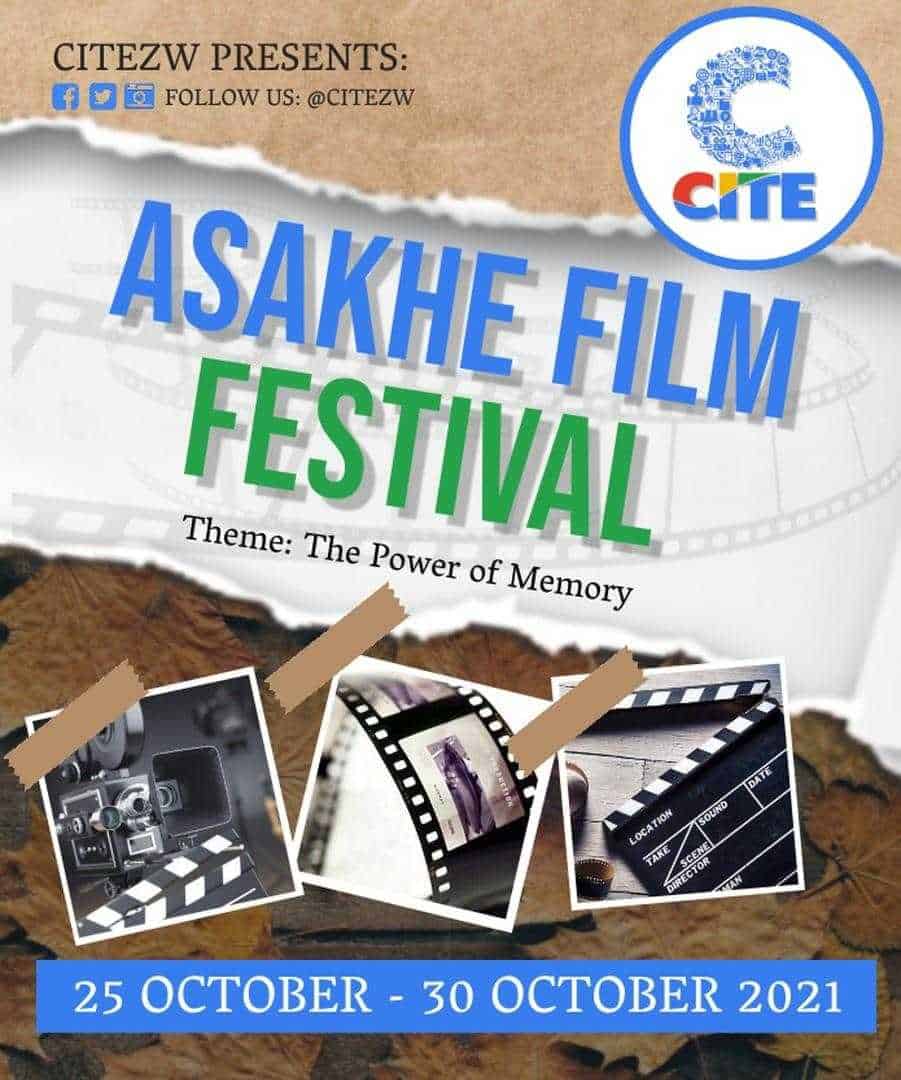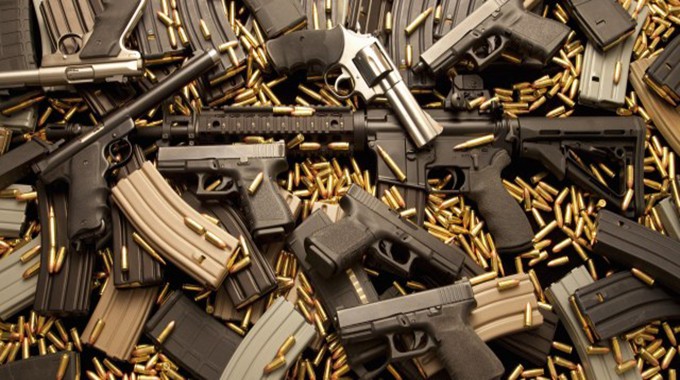The Gukurahundi ethnic attrocities- largely described as a hot potato tossed from one hand to the other by commentators- will, once again, come under the spotlight during this year’s edition of the Asakhe Film Festival.
The five-day annual film extravaganza will begin on the 25th of October.

Organisers of the festival announced yesterday that the five-day event will have a fusion of a virtual conference as well as public lectures.
While making the announcement on their social networking platforms, the Centre for Innovation and Technology said:
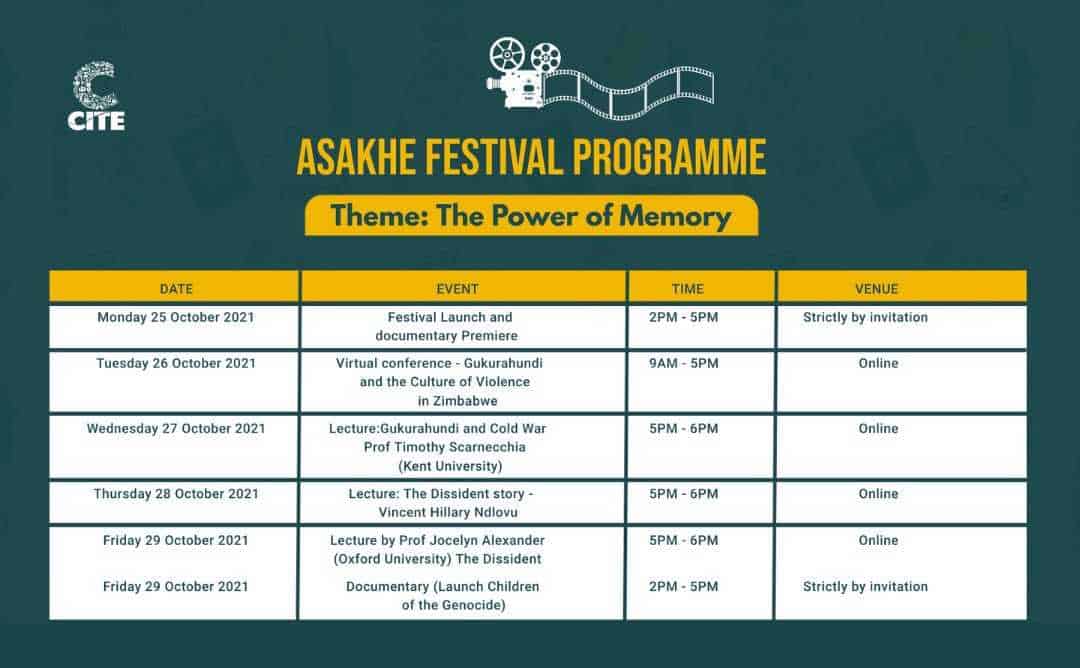
“This year’s #AsakheFilmFestival which will be from October 25-October 30, is running under the theme: The Power of Memory. It will feature a virtual conference as well as public lectures on #Gukurahundi. Tune in to our Facebook page for these activities! #Asakhe #PowerofMemory .
Gukurahundi is a Shona word that refers to the early rains that washes away the chaff before the spring rains.
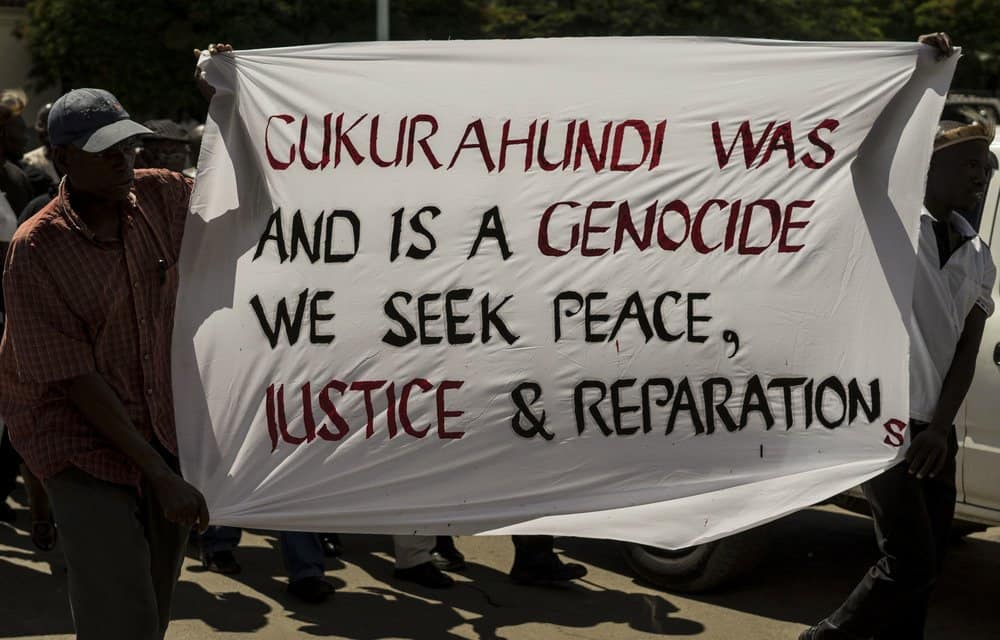
In Zimbabwe, the word has particular reference to the foundational years of the landlocked southern African state’s when the North Korean–trained Fifth Brigade carried out a vicious genocidal purge on, mostly, the Ndebele speaking citizenry from the southern part of the country.
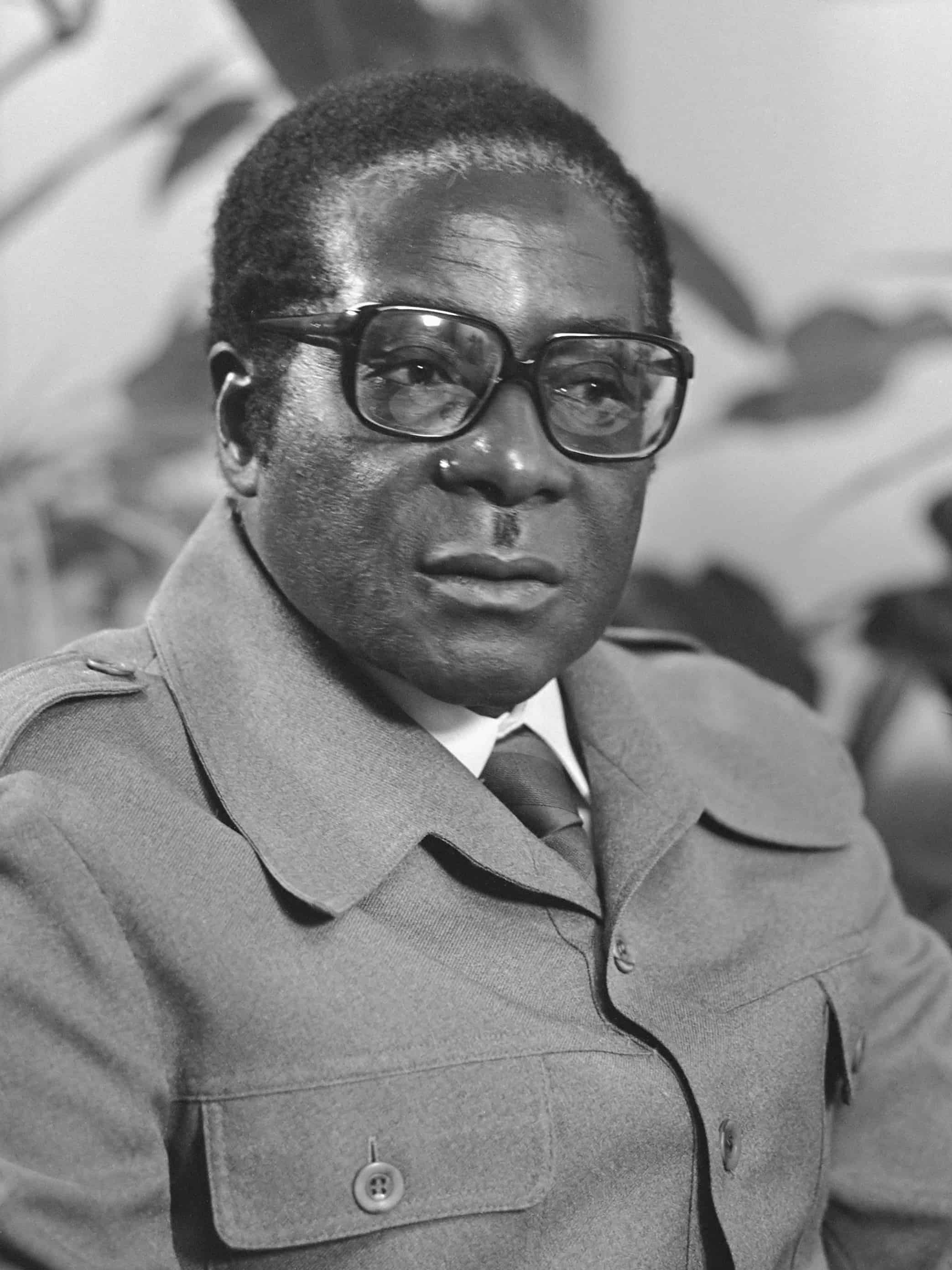
The ethnic purges occurred between 1983 and 1987 during the time of late Zimbabwean dictator Robert Mugabe.
Current president, Emmerson Mnangagwa, then a blue-eyed boy of Mugabe, was an influential cabinet minister in his Government.
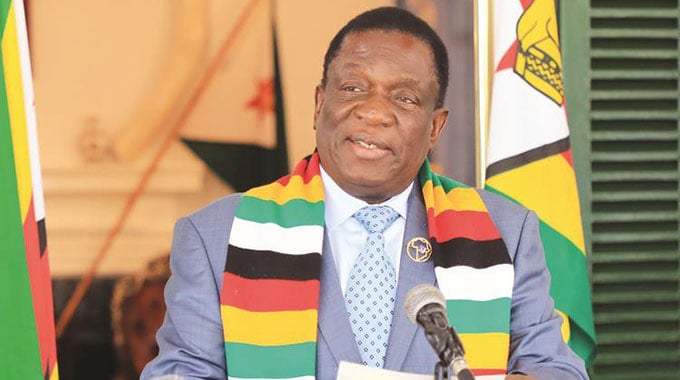
Described by some opinion leaders and political commentators as a hot potato tossed from one hand to another, the late Mugabe described the bloody reign of terror in the provinces of Matabeleland and the Midlands as a ‘moment of madness’.
On the other hand, there have been mixed feelings amongst expectant Zimbabwean masses over President Mnangagwa’s sincerity to address the Gukurahundi issue to an end for the national healing process to take place.
Zwnews

